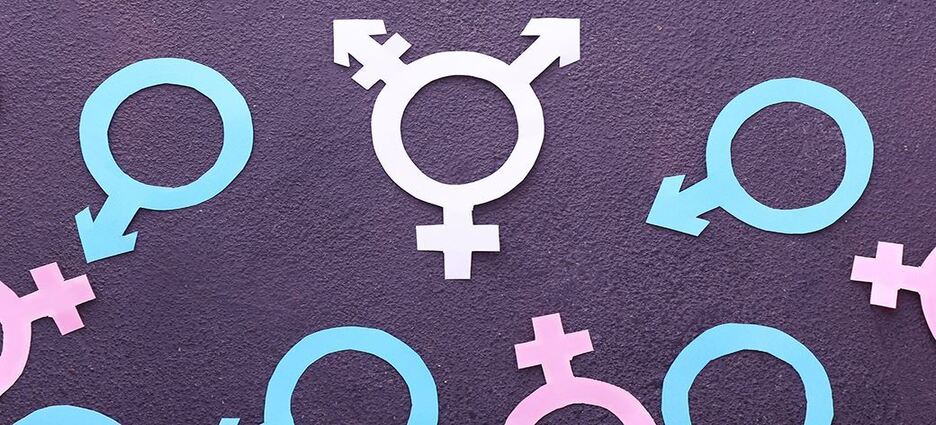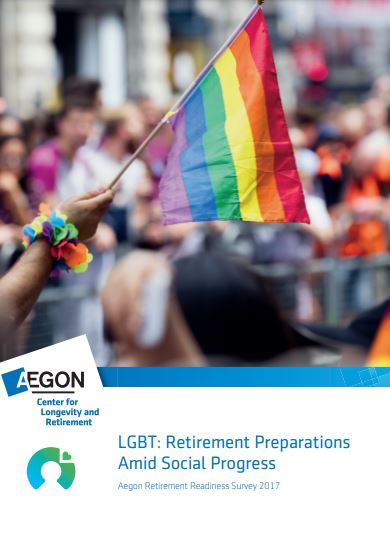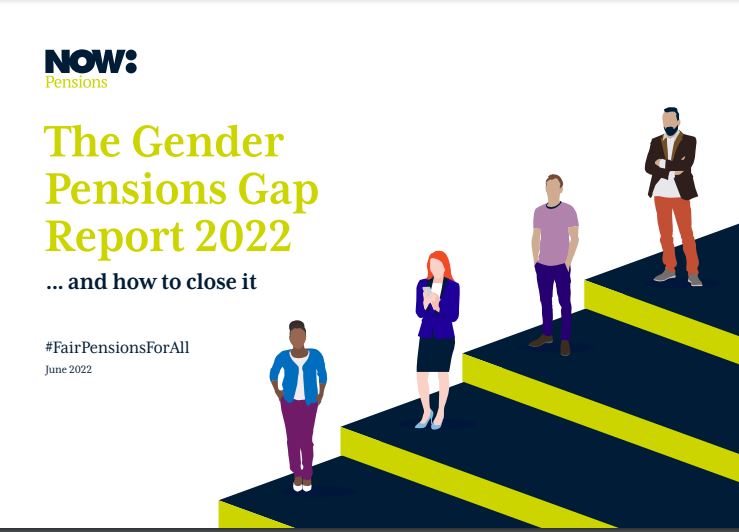Spillover Effects of Old-Age Pension Across Generations: Family Labor Supply and Child Outcomes
By Katja Kaufmann, Yasemin Özdemir & Han Ye We study the impact of grandparental retirement decisions on family members' labor supply and child outcomes by exploiting a Dutch pension reform in a fuzzy Regression Discontinuity design. A one-hour increase in grandmothers' hours worked causes adult daughters with young children to work half an hour less. Daughters without children, with older children and sons/daughters-in-law are not affected. We show important long-run impacts on maternal labor supply and on the child penalty....










